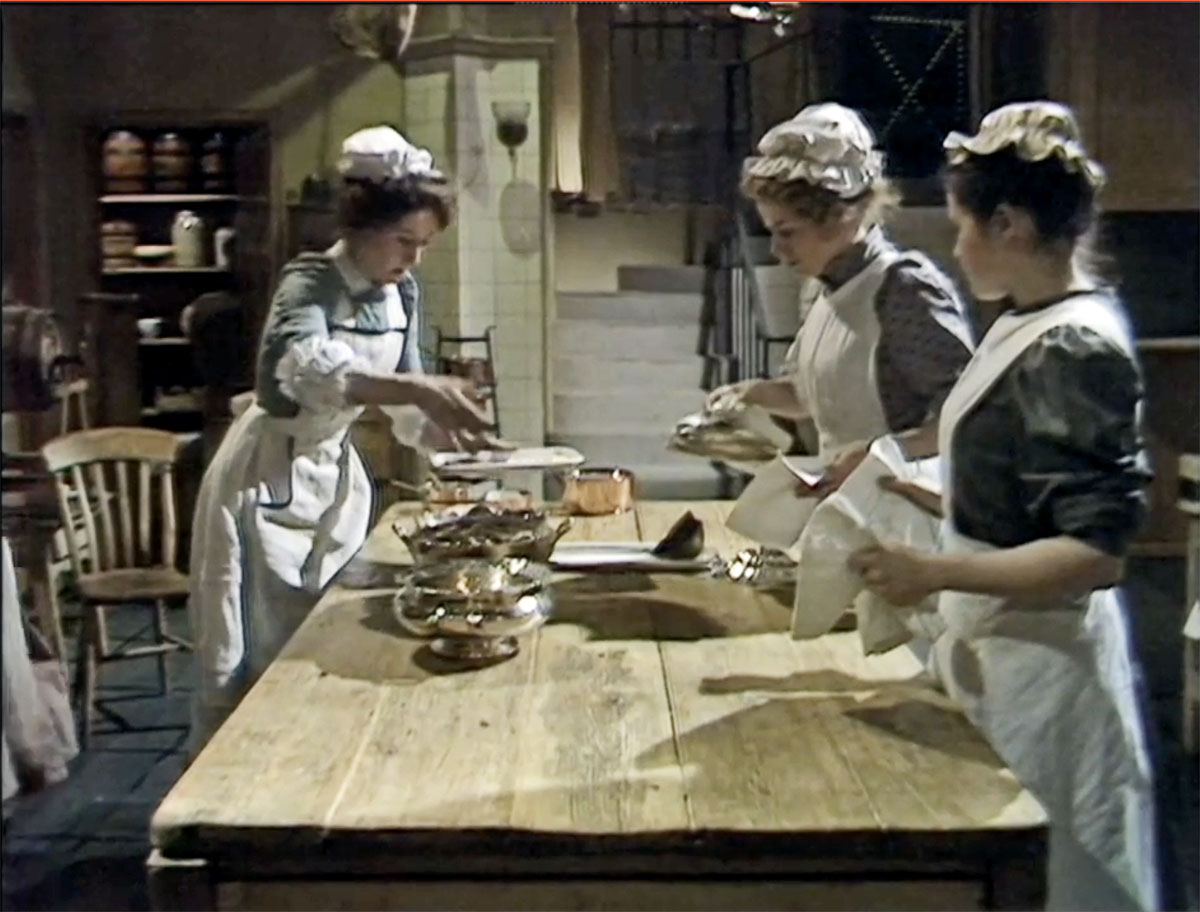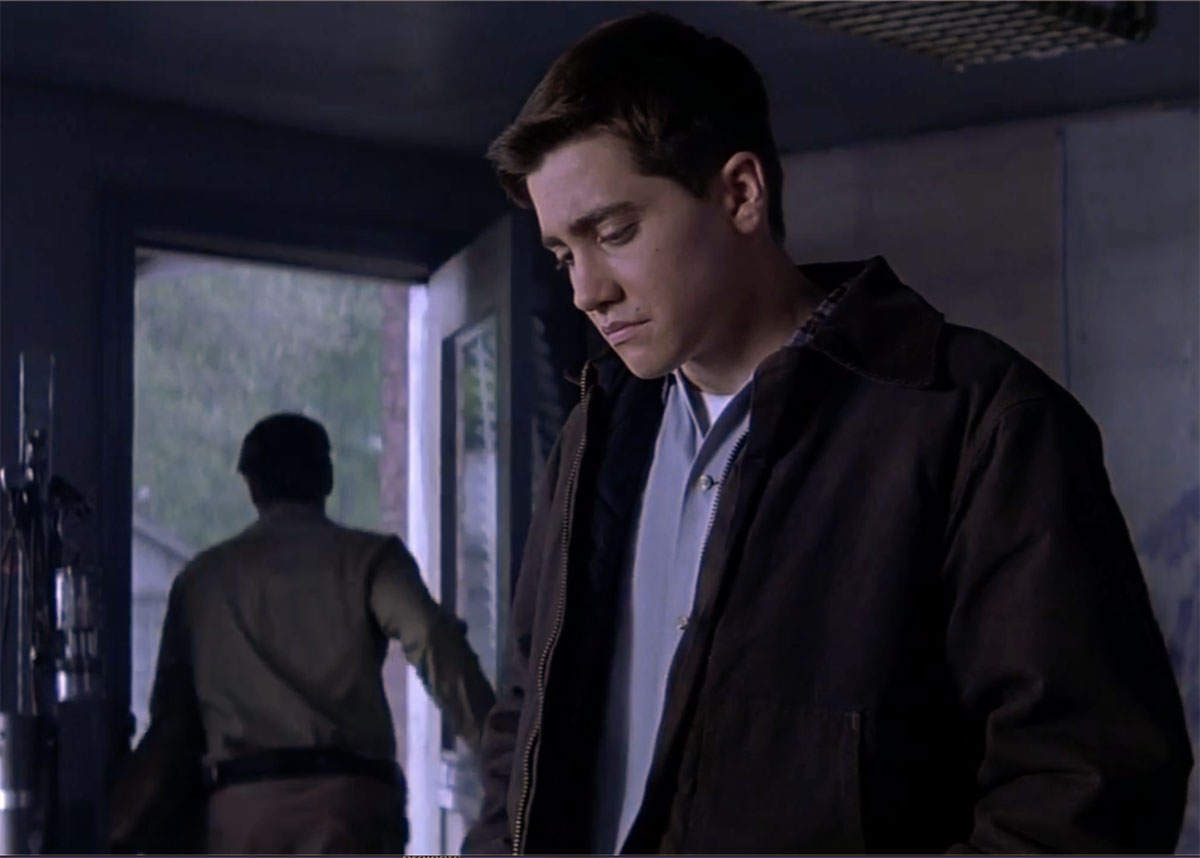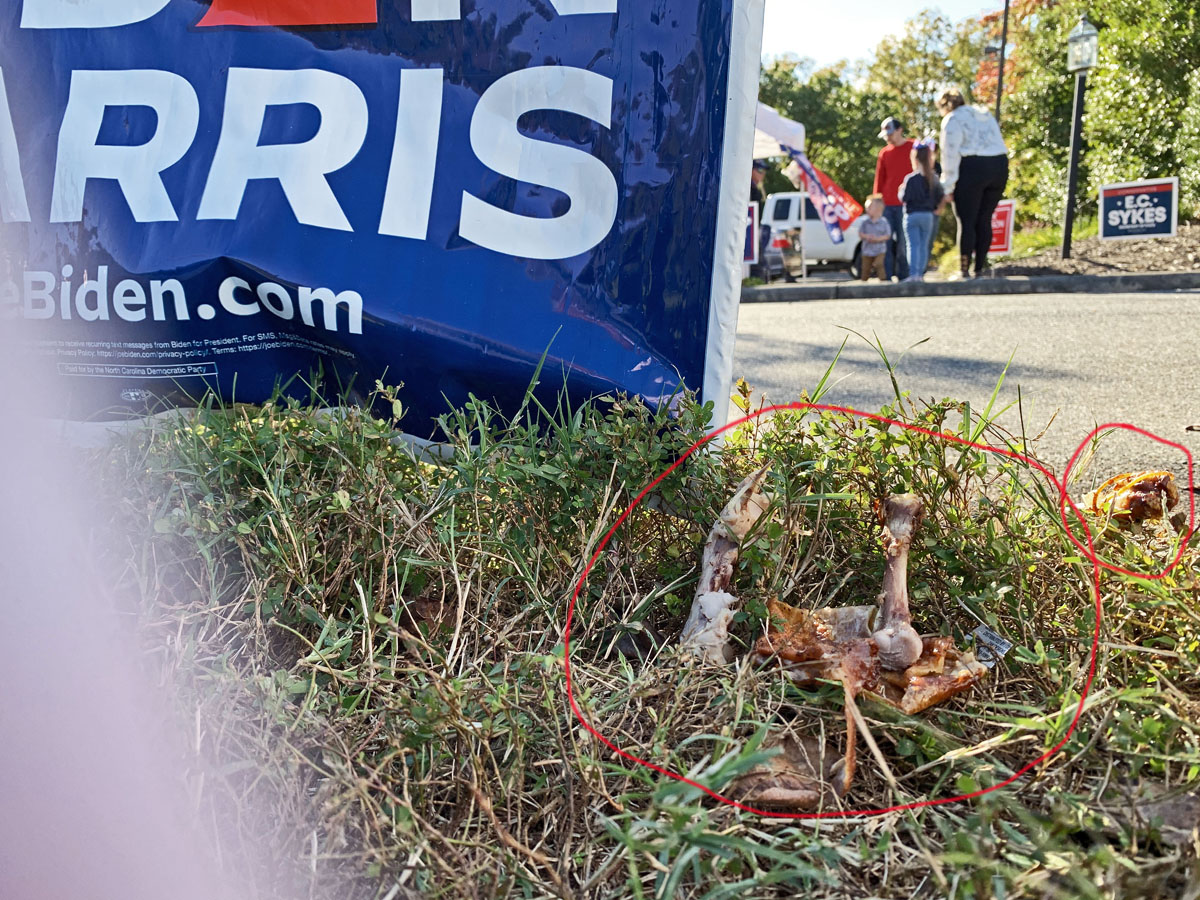
These photos were lifted from Facebook, sources unknown.
There are, I would say, five classes of Trumpers:
1. The Trumps themselves
2. Elites, such as U.S. senators, who enabled and shielded Trump
3. Those who voted for Trump in 2016
4. Those who are voting for Trump again in 2020
5. The super-rich, who got the tax breaks
What did each group gain, from four years spent ripping America apart so that the Republican Party could lie its way through one last election before ending up on the trash heap of history?
1. The Trumps: They got to indulge their narcissism and talk their trash in the spotlights and on television, living free in the White House at taxpayer expense. They got to act out their delusions of grandeur among the elites of Europe, too crass and too dull to grasp that they were making fools of themselves and were being laughed at. The Trump children cut some good deals in global markets and put millions of dollars in their pockets. Trump, broke and deeply in debt, reduced to having to grub for a measly thousand here and million there, was able to hold off his final (and seventh and most spectacular) backruptcy, not to mention holding off the law and the courts, for four more years.
But thus passes the glory of the world. Because when this vile family is at last ejected from the White House, they will quickly become a family in tatters and ruins. Not to mention in prison. No wonder Trump has started to joke at his rallies about leaving the country. Yesterday, at a rally in Georgia, he said: “Could you imagine if I lose?… I’m not going to feel so good. Maybe I’ll have to leave the country, I don’t know.”
That would be the wise course for the Trump family, if they can borrow enough gas money to fly the Trump 747 to Russia before it’s repossessed. Why did they wait so long? Why didn’t they cut a deal when they could have gotten better terms than prison?
2. Elites and senators: It’s less than three weeks before the election, for heaven’s sake. Why now, when what Trump is has been clear for years? Republican Sen. Ben Sasse of Nebraska, in a “town hall” conference call on Oct. 16, expressed the new senatorial wisdom brilliantly:
“The way he kisses dictators’ butts…. The United States now regularly sells out our allies under his leadership. The way he treats women and spends like a drunken sailor…. He mocks evangelicals behind closed doors. His family has treated the presidency like a business opportunity. He’s flirted with white supremacists…. If young people become permanent Democrats because they’ve just been repulsed by the obsessive nature of our politics, or if women who were willing to still vote with the Republican Party on 2016 decide that they need to turn away from this party permanently in the future, the debate is not going to be — you know, Ben Sasse, why were you so mean to Donald Trump? It’s going to be, what the heck were any of us thinking that selling a TV-obsessed narcissistic individual to the American people was a good idea? It is not a good idea….”
So, senators, what do you have to show for it? You are within an inch of destroying the American democracy. You’ve helped to drive a stake through the heart of the Republican Party. You’re probably going to lose the Senate. Some of you will lose your seats. And you’ve all lost your souls, though most of you no doubt are richer than you were four years ago. Why didn’t you cut a deal months ago to get Trump to go away, when you still had time to put up a half-decent candidate?
3. Those who voted for Trump in both 2016 and 2020: Some of us have known all along what you are — your gullibility, your meanness, your sorry religion, your ignorance of the world and your ignorance even of the causes of your own squalid cirumstances. Now the whole world knows, because you put yourselves on display. If the election on Nov. 3 buries you in a landslide, then you will only have gotten what you deserve and brought upon yourselves. May you savor the aftertaste of your years of gloating, because that’s all you’ve gained. Are you better off? Other than doing your bullying and trash-talking for you, what has Trump done for you? What in the world ever made you think that a narcissistic New York City crime lord and con man gives a blip about you or would ever let the likes of you into places like Mar-a-Lago?
4. Those who voted for Trump in 2016 but not in 2020: There is some hope for you, if you reflect long and hard on how you were deceived and misled, and if you learn how not to let such a thing happen to you again. But look what you brought upon yourselves and your country. You share the responsibility for that. Can you find ways to make amends? Start by turning your back on the Republican Party and never voting for any Republican ever again.
5. The super-rich, who got the tax breaks. Congratulations. Your plan worked. You raked in more and more billions and paid no tax on it for four more years. You continued to manipulate democracy, but you revealed that your intent is to kill it. If you can’t find a new way for a minority of easily deceived voters to hold both the Senate and the White House, and whole new lines of lies and propaganda that can enrage and deceive 45 percent of the population (which is all you need since you have gerrymandering and the electoral college working for you), then you’re done. And, thanks to the last four years, millions of people who previously weren’t paying attention now realize who truly owns, and runs, the country, and who is eating their lunch. They’ll be beating down the doors of their representatives in Washington, demanding that you be taxed out of existence.
Four precious years have been lost. We’ve been backsliding, making no progress against the true existential threats of our age — inequality and environmental catastrophe. Progress will be harder now, because Trump and Trumpers have stacked the courts with theocrats and autocrats corrupt enough to cut a deal. Those who have held us back have shown us — in fact they have rubbed it in our faces — what they are and what they want to do. They deserve to be left behind, given only the barest minimum of the goods that law and fairness and decency require — goods of which they actively and ruthlessly deprive others. They deserve hardball now, at the other end of the stick. They’ve forfeited any claim for being heard hereafter, because we’ve heard enough.

Yours too, buddy.













